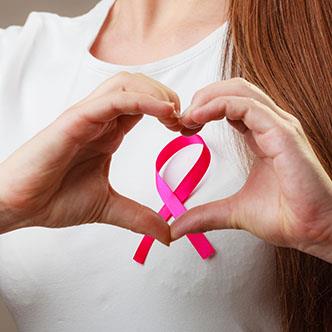
Breast cancer survivors should keep a close eye on their heart health, based on a recent statement from the American Heart Association that highlights the close link between breast cancer and heart disease.
Published in Circulation, this paper is the first scientific statement from the American Heart Association on heart disease and breast cancer. It was written by a team of experts from both fields to highlight the many ways that heart disease and breast cancer overlap. It also provided useful recommendations for the prevention and treatment of heart disease in breast cancer patients.
The take-home message of the recent statement, according to authors, is the importance of getting the most effective cancer treatments while minimizing its negative effects on heart health.
Breast cancer affects an estimated 3.32 million American women. While breast cancer accounts for 1 in 32 deaths each year, screening and treatment have helped boost survival rates. Studies show that nearly 90% of breast cancer patients survive at least five years after their initial diagnosis. Currently there are an estimated 3 million breast cancer survivors in the United States.
While these gains are promising, they also open the door for other health concerns. Studies show that breast cancer survivors are more susceptible to heart disease—the leading killer of women in the United States.
Heart disease currently affects an estimated 48 million women and causes 1 in 3 deaths in the United States.
According to authors, cancer treatment can have a number of side effects that increase heart risks. The most common side effects are high blood pressure, heart failure and an abnormal heart rhythm, all of which have been associated with chemotherapy and radiation. Treatment can also speed up the progression of heart disease in women with increased cardiovascular risk.
Of course, that doesn’t mean patients should forego cancer treatment for fear of its negative health effects. As authors explain, it’s always a balance between the risks and benefits of treatment. It all boils down to choosing treatments that maximize the benefits while minimizing future health risks.
For breast cancer survivors, keeping a close eye on heart health is an important next step after completing therapy. Early diagnosis can lead to early treatment and potentially minimize risk of complications. Since heart disease and breast cancer share risk factors, making healthy lifestyle changes is a must. By maintaining a healthy weight, staying active, eating healthy and not smoking, women can significantly reduce their risk for both cancer and heart disease.
Ultimately, there are many overlaps between heart disease and breast cancer. As experts explain, it’s important to consider heart health before, during and after breast cancer treatment.